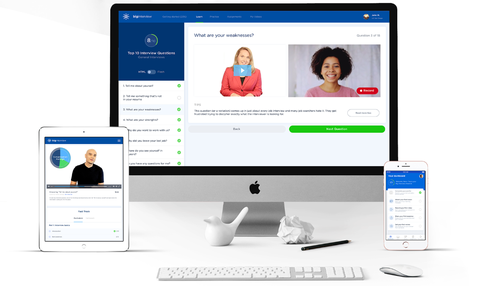It is never too soon to begin taking steps to develop a competitive and eye-catching profile. Review the strategies below and scroll down to view the resources available that can help you put together a strong application.
First and foremost, developing relationships with your faculty members and instructors is one of the most important parts of the process. Get to know them outside of class and visit their office hours to discuss your future goals, since they will be the ones writing your letters of recommendation. The better they know you, the better their recommendation.
Some great first steps might include:
- Scheduling a strategy meeting with the National Fellowships Advisor.
- Attending a professional development workshop, including those offered by Career Services.
- Participating in meaningful co-curricular activities, such as undergraduate research, leadership and cross-cultural engagement programs, jobs or internships, summer experiential learning programs, and/or artistic activities. Sustained involvement with a couple of activities that you truly enjoy is more impressive than a long list of activities in which you are only partially involved. Here are some examples of popular programs for co-curricular involvement:
- Research:
- UCARE: Lead your own undergraduate research or creative project
- (Work-study, entering freshman only): FYRE
- Nebraska Summer Research Program: participate in nationally funded research groups across multiple disciplines
- McNair Scholars Program: for underrepresented students who wish to conduct research and attend graduate programs
- Clayton Yeutter Institute of International Trade & Finance: offers undergraduate research fellowship and internship programs
- Leadership:
- Associated Students of the University of Nebraska (ASUN)
- BRRWB Coach Program
- Center for Entrepreneurship
- NHRI Leadership Mentoring
- NvolveU: Searchable directory of student organizations
- OASIS Student Advisory Board
- University Programs Council
- Service
- (Work-study): America Reads and America Counts tutoring programs
- LGBTQA+ Center Volunteers
- Nebraska 4-H
- Nonprofit-in-Residence: highlights local community organizations in need of volunteers
- WHT Volunteer Opportunities: additional local community organizations in need of volunteers
- (Off-campus) Asian Community & Cultural Center
- (Off-campus) Lincoln Literacy Project
- (Off-campus) Nebraska Appleseed
- Research:
- Articulating your skills with metrics of achievement. Maintain a high-grade point average, and keep records of your accomplishments outside of class, such as your publications, presentations, or performances; the number of students you have mentored or coworkers you have trained; funds you raised for your organization, etc.
- Developing strong writing and communication skills. Practice writing for diverse audiences and speaking in front of groups, and seeking frequent feedback for improvement. You might challenge yourself to enter essay or creative writing contests, set goals for blogging or vlogging, participate in practice interviews, or play improv or role-playing games.
- Staying informed about current events and innovations. Spend a little time each week reading reputable newspapers and news magazines, as well as scholarly journals and professional organization publications in your field.
Learning Objectives
Through our Canvas advising course, and the work that we do together on a specific scholarship application process, we provide you — as one of our Prospective Fellowship Candidates — with the necessary resources and support to independently explore your goals and accomplish the following learning objectives:
- Self-select appropriate scholarship opportunities to facilitate your educational and professional advancement.
- Identify potential recommendation writers and apply best practices for seeking letters of recommendation.
- Identify genre conventions and rhetorical strategies for persuasively communicating your fit with scholarship selection criteria and describing your future original contributions to your discipline or field.
- Receive and integrate expert feedback into your scholarship application and future plans.
- If your scholarship has an interview requirement, practice effective rhetorical strategies for use in panel interview situations.
- Assemble and finalize scholarship-specific application components and reflect on progress toward educational and professional goals.






